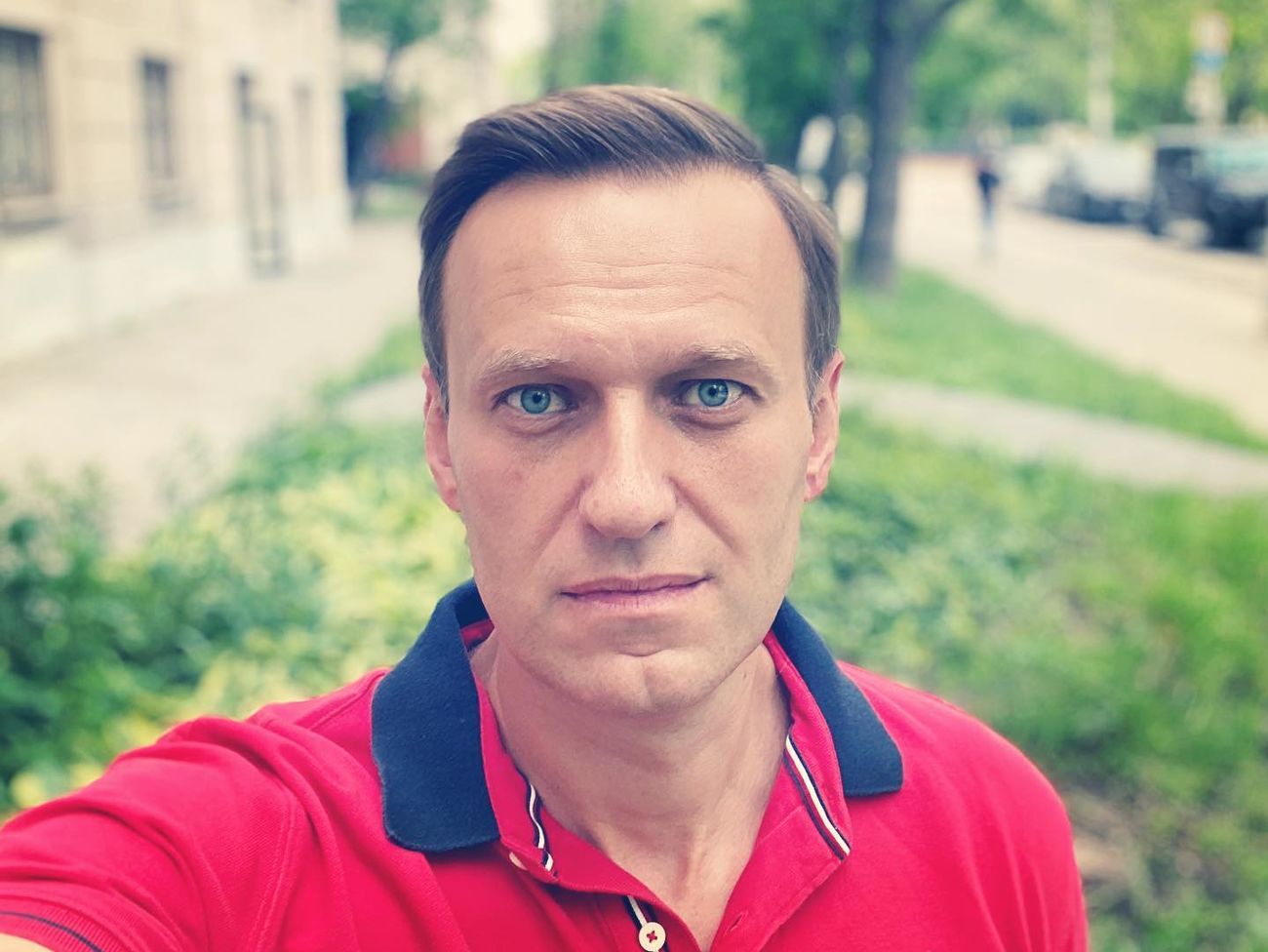
[ad_1]
The operation to poison the leader of the Russian opposition Alexei Navalny was developed by the Russian FSB. But they were not going to kill him, this incident was supposed to force the politician to leave Russia, writes The Guardian.
Western security services privately concluded that the poisoning of Russian opposition leader Alexei Navalny was organized by the country’s FSB, and the Kremlin was the initiator. This conclusion was made by the intelligence services of Great Britain, Germany and France, writes The Guardian.
On the basis of this conclusion, the EU countries and the United Kingdom imposed sanctions on the head of the FSB Alexander Bortnikov on 15 October. The decision on sanctions stated that the head of the Russian secret service “provided support” to the people who poisoned Navalny or had something to do with him.
According to two sources in the publication, the poisoning was carried out by the Second Service of the FSB, responsible for the fight against terrorism, extremism and internal political threats. Interlocutors from the newspaper assure that the operation was not designed to kill Navalny, but to give him an unequivocal warning and force him to leave Russia.
The second FSB service is led by General Aleksey Sedov, a former KGB officer from St. Petersburg. He has known Putin since the 1990s and is considered his longtime confidant.
British sources, who spoke to Mikhail Khodorkovsky’s dossier center, believe that a substance from the Novichok group was deliberately chosen to poison Navalny. The FSB has many poisons at its disposal, including unknown ones. If the Russian special services wanted to kill Navalny, they would, say the interlocutors of the publication.
On August 20, the plane in which Navalny was flying from Tomsk to Moscow, urgently landed in Omsk due to the deteriorating state of the politician. Navalny was unconscious in the toxic intensive care unit of the Omsk emergency hospital. On August 22, he was taken to the Charite clinic in Berlin on a specially equipped plane.
On September 2, the German government announced that traces of a substance similar in composition to Novichok had been found in Navalny’s body. The biological material extracted from the politician was examined by the laboratory of the German armed forces. The fact that Navalny was poisoned with poison from the Novichok group was confirmed by laboratories in France and Sweden.
On October 6, the Organization for the Prohibition of Chemical Weapons reported that biomarkers of a cholinesterase inhibitor were found in Navalny’s body. This is a little known nerve agent that is not on the official OPCW list.
Navalny was in a coma for 18 days. Charité’s doctors announced on September 7 that they would bring him out of a medical coma and disconnect him from the ventilator. On September 14, German doctors reported that the politician is feeling better and is on his feet. On September 22 Navalny was discharged from the clinic, he is in rehabilitation.
Russia’s Foreign Ministry said the Navalny poisoning allegations were not supported by facts. The head of the Foreign Intelligence Service of the Russian Federation, Sergei Naryshkin, claims that at the time of the departure to Germany there were no traces of poison on the body of the politician.
As Le Monde wrote, on September 14, during a telephone conversation with French President Emmanuel Macron, Putin suggested that Navalny “for an unknown reason” may have taken poison from the Novichok group himself.
On October 15, the European Union imposed sanctions on six Russian officials for the Navalny poisoning. Britain joined the sanctions.
[ad_2]